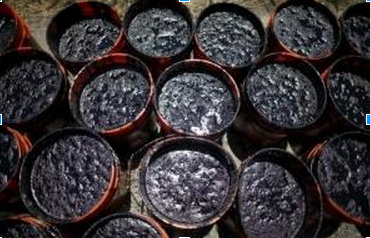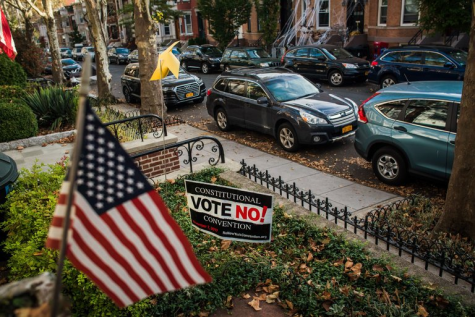Oil Spill in the Golden Coast
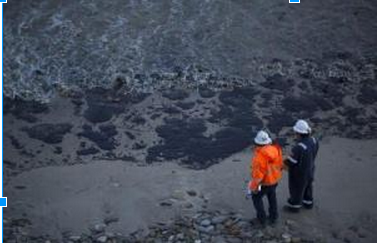
Officials inspect the damages caused by the 21,000 gallon oil spill.
On Tuesday May 19, an oil pipeline burst, leaking gallons of oil onto the coast of California and into the Pacific Ocean. The pipe was owned by Plains All American Pipeline, and according to the company, “was carrying about 2,000 barrels of oil an hour.” The oil now covers over 9 miles of Santa Barbara’s shore and is worse than expected. CNN reported that California issued a “state of emergency in Santa Barbara County” and will be closing “two state beaches until June 4.” The actual cause of the accident has not been found.
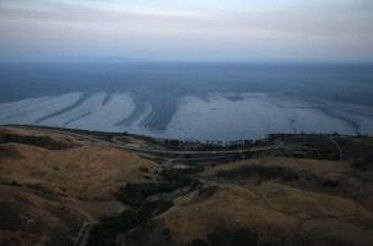
Not only has the spill caused Plains All American Pipeline to lose a large sum of money, but it also has hindered California’s economy. Due to the closing of two state beaches, tourism levels have dropped exponentially. Most importantly, the lives and population of many sea animals have been negatively affected. On May 22, NBC News reported that the “carcasses” of five pelicans were found drenched in oil. CNN disclosed that “the leak killed an undisclosed number of lobsters, kelp bass and marine invertebrates.” This disturbance in marine life population also poses a serious threat to the food cycles in the Pacific Ocean.
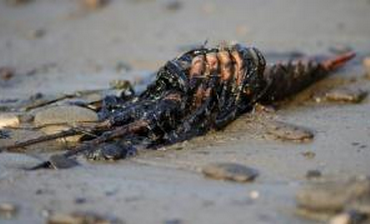
While clean-up has already commenced, it will be take a while, even months, before the oil is completely removed. Due to winds and tides, the oil is drifting offshore and poses a threat to the surrounding area. At this publication time, 10,000 gallons of oily water have been removed from the ocean and 91 cubic yards of oily solids and 800 cubic yards of oily soil were removed from beaches. According to U.S. Coast Guard Capt. Jennifer Williams, the most difficult aspect of clean-up will be removing the oil from “the shoreline, the beaches, the cliffs and the hillside near U.S. Highway 101 where the pipe ruptured.”
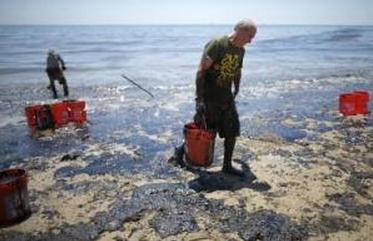
This is not the first time that Plains All America has been in a sticky situation. The Los Angeles Times reported that the company has “accumulated 175 safety and maintenance infractions since 2006.” Hopefully this devastating accident will raise awareness of and create tighter restrictions for oil pipeline transportation.
